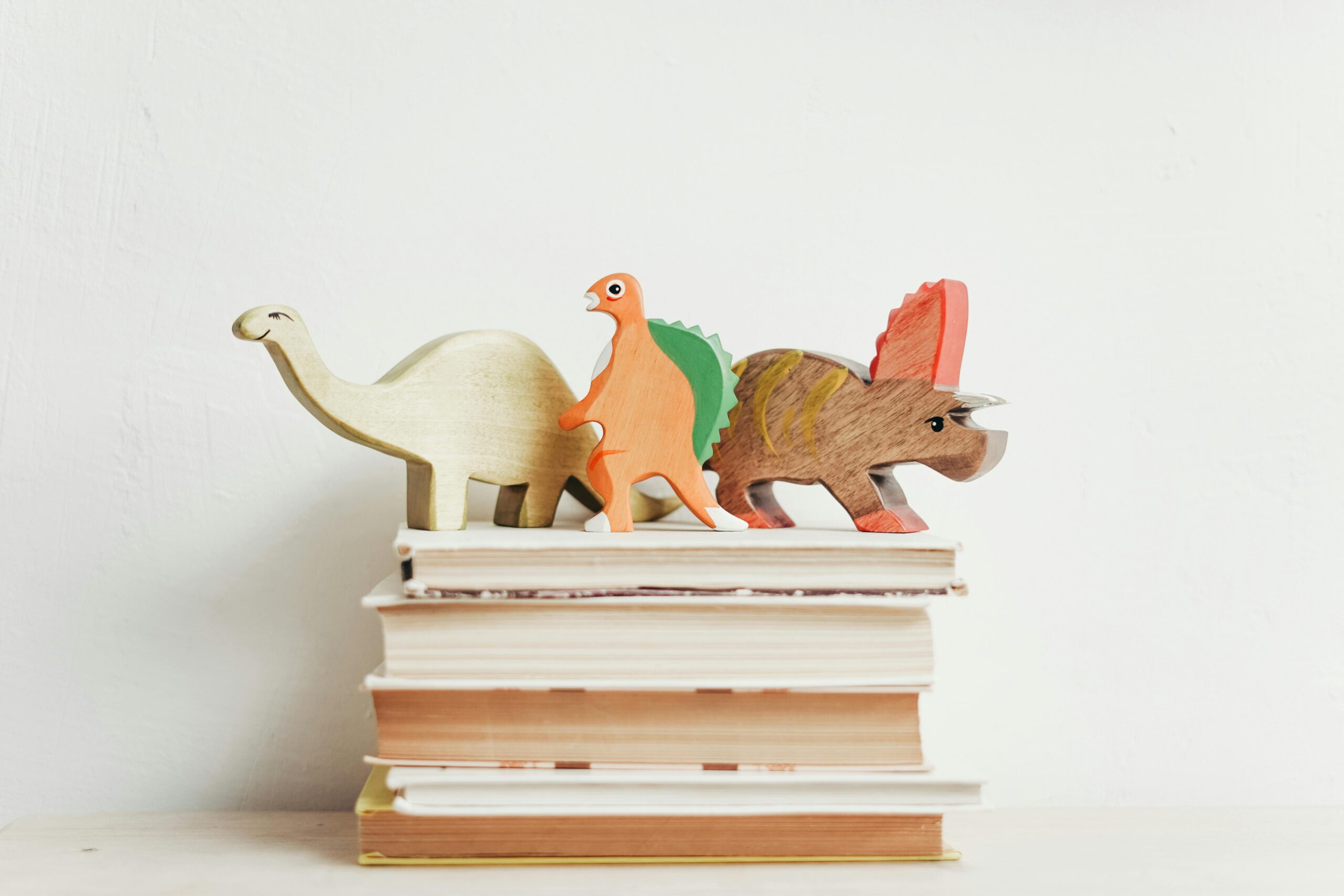I slightly cringe when I tell people that we “homeschool” the kids.
Not because I’m embarrassed by the decision or even that I care what other people think about the matter. No it’s because the term “homeschooling” is so broad and comes with so many different stereotypes attached to it.
As a side note I have the same cringe feeling when I tell people that i’m a “stay at home mom.” There is so much more to it than putting ourselves in a “homeschooling” or “stay at home mom” box.
But I digress. Unless people have some experience with homeschooling (whether personally or know someone that does) or they are the super curious types I find that we just get stuck in this box of “homeschoolers.” If you have spent a few minutes on this site you’ve probably realised that I don’t love labels or being confined to a societal box with whatever preconceived notions come along with said box.
Like with most things in life there are a million different ways to homeschool and if anyone has a better general term to use please message me.
Before I dive into how our family homeschools or unschools as the case may be I wanted to do a post outlining a few of the different homeschool styles. By all means it’s not an exhaustive list, but should shed some light on some of the different options.
School at Home or Traditional Homeschooling
This style of homeschooling is exactly as it sounds and what is often portrayed in the media as it’s easy to understand. Parents are the teachers and kids often follow a typical school day schedule. Think textbooks, desks and chalk boards. Many new homeschooling families start out with this style if they themselves went to traditional school since it’s easy to wrap your head around.
Montessori Homeschool Method
This method of homeschooling is popular and many people are familiar with Montessori preschools. Maria Montessori believed that children were naturally curious and should learn at their own pace. Through environment (wooden toys and real life tools) and routines children are encouraged to self-direct their learning through all their senses.
Unit Studies
The Unit Studies method of homeschooling weaves together traditional subjects into one theme. Students learn about the theme using different resources and hands on activities. For families with different aged children this is a great way to learn as it can be easily adapted by age under any given theme.
Relaxed/Eclectic Homeschooling
Families who take an eclectic approach to homeschooling often take a little of this and a little of that choosing curriculum from various resources. Sometimes families use curriculum for math, reading, and spelling, but may take an unschooling approach for the rest. This can be a highly customized way of educating as it’s quite a broad approach.
Unschooling
Unschooling is often confused with the idea that kids do what they want and parents aren’t very involved. It’s quite the opposite. The idea is that learning happens as a part of life. It’s not separated into “learning time” and “play time.” The learning is entirely child led based on the idea that kids are naturally curious. Unschoolers spend time learning what interests them and parents act as facilitators.
World schooling/Road schooling
This approach is based on the idea that the world is a classroom. Children gain an education from the world around them experiencing different cultures, geographies, animals and more instead of reading about them in a book. From this there are many different ways to incorporate world culture into a child’s education from enrolling them in a local school to language immersion or traveling to different countries to expand their worldview.
Classical Homeschool (religion based)
The classical homeschool method uses the trivium, which includes the grammar stage (grades 1-4), logic stage (grades 5-8), and rhetoric stage (grades 9-12). Students learn through language as opposed to pictures or video and it can be quite a rigorous approach to learning. Classical education’s main goal is to cultivate a passion for lifelong learning, to seek sound logic over chaos, and to focus on depth of learning over breadth. Many of classical programs are Christian based and there seems to be some debate about whether a truly secular version really exists.
Charlotte Mason Homeschooling (religion based)
This method was created by British educator Charlotte Mason. It was her belief that children are people deserving respect and that they are capable of understanding the world around them. Charlotte Mason thought children should be given time to play, create, and learn from real life situations. There is an emphasis on taking nature walks, visiting art museums and learning through “living books.” This method is usually christian based.

+ show Comments
- Hide Comments
add a comment